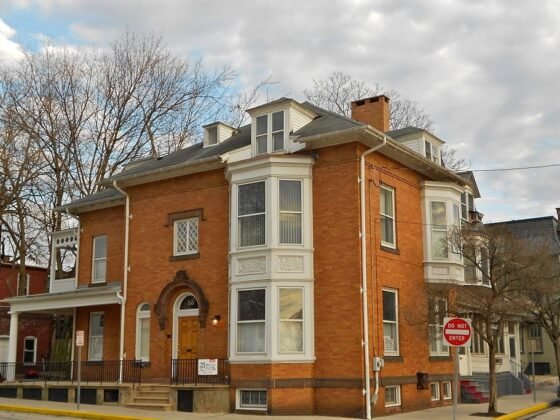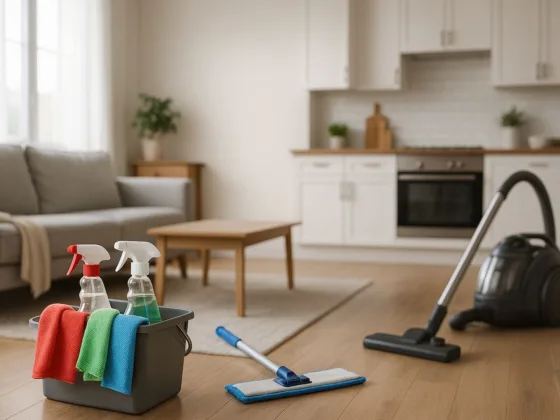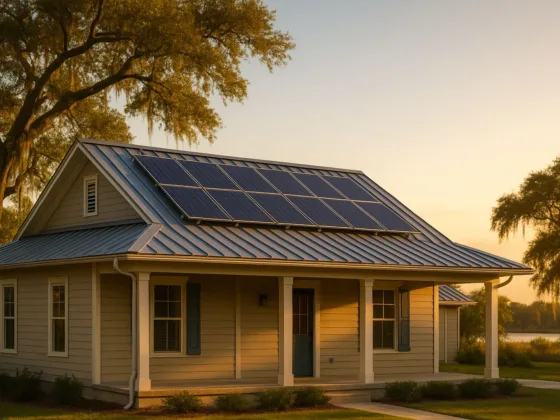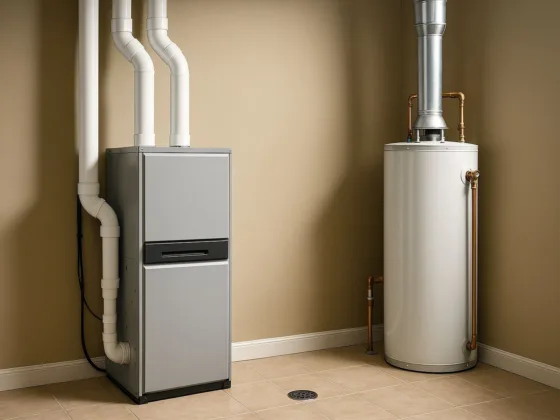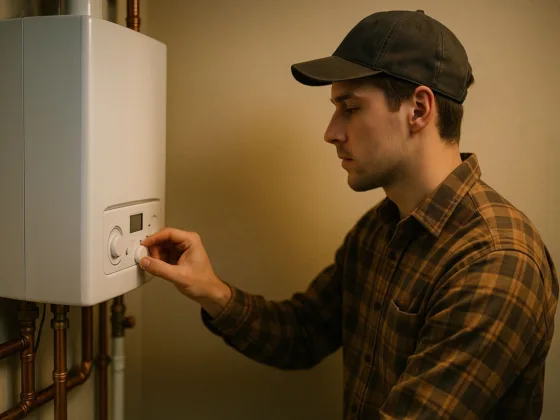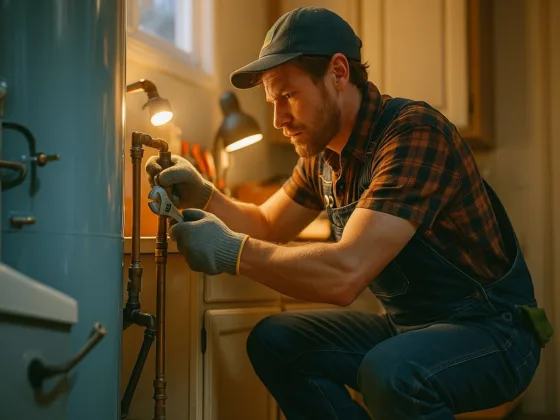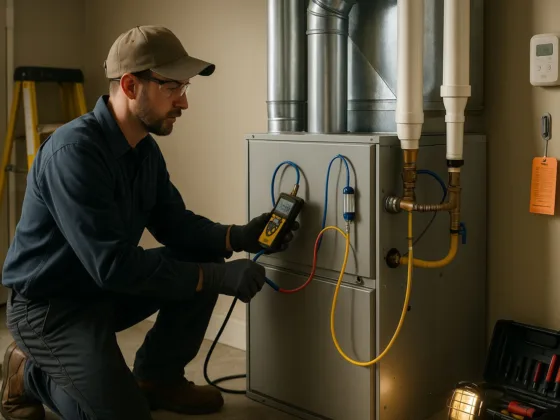Table of Contents Show
The heat Pump is an essential component of any HVAC system. Hence, finding the right Heat Pump Installation Services is critical to the overall functioning of the HVAC system.
Heat pumps help maintain the temperature of your home during winter by generating heat from the outside air, which is then transmitted inside the house. It intends to move heat from one point to another, and its efficiency is based on the size, quality, and amount of energy it consumes while operating.
Heat pumps are used in heating and cooling systems, as well as in a variety of other applications. They are also used in HVAC systems to provide supplemental heat.
They usually work by moving heated air around a building (or room) and allowing it to cool before recirculating it through the system. A manual or automatic method is used to accomplish this process of heating.

Who Should Install a Heat Pump?
Anyone looking to reduce their energy expenditures should consider installing a heat pump. If you live in an apartment or a house and want to save money on heating bills while remaining comfortable, then, this is the solution for you.
Get in touch with the Heat Pump Installation Company to avoid high energy bills and inefficient heating.
How do I Get Started with Installing My Heat Pump?
The first step in heat pump installation is to choose the right location. In addition, you must also choose the right heat pump for your needs.
We recommend contacting an expert who can help you design and install your heat system. This initial due diligence will ensure that it lasts for years without any problems occurring later on down the line.
Details on Heat Pump Installation
Here are a few relevant points to keep in mind before you get a heat pump installed:
- The first thing to consider is how much energy your heat pump will use to operate. This depends on the size and number of rooms in your home and also on your usage as it can vary. In addition, the size of the heat pump, the location of your windows, and the availability of enough ventilation are also some important factors to consider. Additionally, when installing a heat pump water heater, you must consider the technical aspects along with the aesthetics.
- Another factor to consider is how well the heat pump will work with the existing ducts and vents in your house or apartment building. If they’re old or not well-designed, they may not be able to properly circulate air through your system, resulting in increased energy usage or lower efficiency levels than expected.
- The effectiveness of generating heat by a heat pump is determined by both its electric motor and compressor unit. The temperature can be up to 100 degrees Fahrenheit higher than the outdoor air temperature. This means it can be installed in climates where outside temperatures fluctuate widely throughout the year.
- The mounting of the heat pump must be done at a firm base and should be attached to the wall. While the heat pump itself must be installed high up on the ceiling. This, allows the pump to generate heat at a larger surface area than the electric heat pump installation at a lower height. If you want your heat pump to continue functioning efficiently, it should be placed, somewhere where dust and debris will not accumulate.
- Primarily, the outdoor unit of the heat pump performs all the tasks. Wherein, it absorbs the air, pumps it into the piping system, and then gets powered by the indoor fan. To protect the compressor from snow and flooding, the heat pump must be installed outdoors in a clear and decluttered space. It is also necessary to ensure that the compressor receives consistent airflow.
- You must also fix the air leaks and insulation of your home before going for the heat pump water heater installation.
Types of Heat Pumps
There are three main types of heat pumps connected by ducts: air source, water source, and ground source. A heat pump can collect heat from the air, water, or ground outside your home and concentrate it inside the home.
Air Source:
The air source heat pump pumps natural air for heating purposes. This type of heat pump is easy to install, but it can take between two and five days to complete the installation process.
Ground Source:
The ground source method pumps the heat from the ground. This type of heat pump has an efficient heating system. Therefore, it’s recommended to use energy-efficient ground source heat pump systems to save energy.
Water Source:
While air-source heat pumps dissipate heat through the air, water-source heat pumps dissipate heat through the water. They require a water source such as a reservoir, well, lake, or water tank. The water source heat pumps are not as common as air-source heat pumps.
The Steps for Heat Pump Installation
It is important to get technical advice from experts when it comes to heat pump installation. They will assist you with the basics of electric heat pump installation and guide you through the entire process.
Location:
According to the size of your home, the size of the heat pump must be selected for optimal efficiency. Along with the number of residents, weather conditions in which the heating system will be operating are also assessed.
Drilling:
The drilling is done to have the electrical wiring from the indoor to the outdoor unit. Meanwhile, drainage lines are created to remove excess moisture.
Wiring:
Thereafter, the wiring process is executed where the wires are sheathed into the protective tube and secured with electrical tape.
Installation:
Once the initial setup process is completed, the heat pump installers will install the heat pump at an appropriate location for maximum efficiency.
Testing:
The technical team will conduct multiple tests. This is to check the piping and refrigerant charge. Additionally, the team also aims to check airflow.
Maintenance:
It is important to check and clean the fans regularly. Your heat pump will likely require low maintenance.
What are the Benefits of Installing a Heat Pump?
When compared with other heating techniques, a heat pump can save you up to 40% on energy costs.
It also improves comfort by directing warm air from your living room to other sections of the house where it may be cooled.
Heat pumps also offer an advantage over standard air conditioners in that they do not always require electricity and instead can run on natural gas or propane. As a result, they are significantly more environmentally friendly than other forms of cooling systems.

